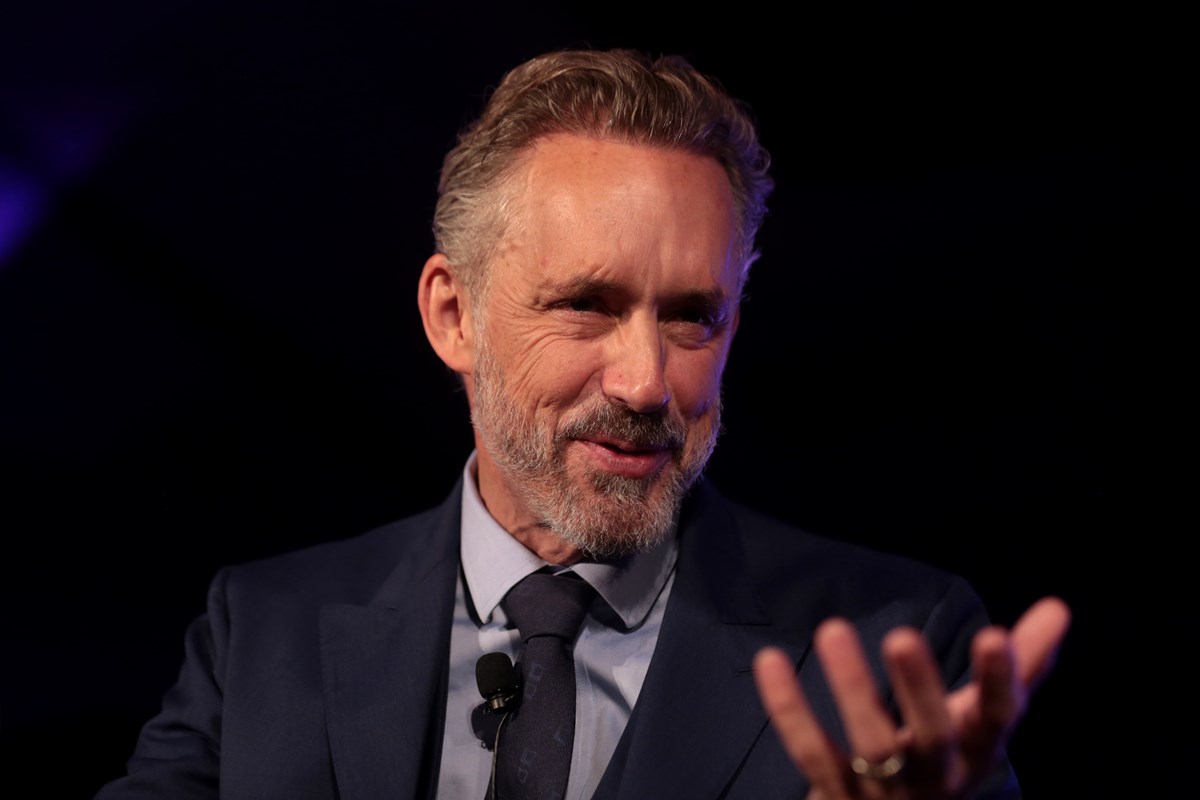Many have been attracted to numerous political figures, and they can take it too far.
Cult of Personality
One of my biggest weaknesses is developing too much admiration for those who help contribute to how I think. I believe this rings true for most people. You likely experience this when listening to a band that soon becomes your favorite or an author who writes the novel that speaks to you. This often contributes to fan groups online and could potentially evolve into very heated arguments as to whose group is superior. When this translates to politics, the emotional connection is very similar. We often think about political figures in unhealthy ways, whether they fill us with overflowing admiration or divisive, irrational hatred.
There are a few names circling on both the left- and right-wing schools of thought. On the left, there is Senator Bernie Sanders, whose offering of fairness and equality has given hope to scores of millennials that might have been otherwise absent. On the right, you have those like President Donald Trump and Dr. Jordan Peterson. Trump has inspired a base that is truly enthusiastic to the point where they are showing up in the thousands at his rallies. Trump has inspired a base that is truly enthusiastic to the point where they are showing up in the thousands at his rallies, and Jordan Peterson has garnered a huge internet following and a best selling book. Many times these people can seem larger than life.
When I met Jordan Peterson, coincidentally, before one of his lectures I was attending, I had a brief conversation with him that I found revealing. When one of my friends briefly mentioned Peterson’s embarrassing apple cider comment in his recent Joe Rogan appearance. He replied, “I wish I had never said that.”
We then proceeded to offer comforting remarks as we had found it to be a friendly laugh. However, it is important to note that he truly felt embarrassed and had seemed to be over-analyzing a comment that was certainly hyperbolic, but not scandalous. It was a sloppy thing to say, but it doesn’t warrant a massive undermining of his reputation. The point is that he seems to be a normal person, just like us. As pedantic as that sounds, it needs to be said.
Nobody's Perfect
There are many examples of political figures who are intelligent but are often taken too seriously. If your first emotional reaction to someone’s criticism of a political figure you like is to become emotionally irritated, then try having a different reaction. Is it true that that person is probably wrong about some ideas? Is it true that they may have some character flaws?
Think of that one person you admire most in politics. Perhaps it’s Peterson, Sam Harris, Bernie Sanders, Noam Chomsky, Ron Paul, Donald Trump, Ben Shapiro, Dinesh D’souza, etc. Whomever it may be, ask yourself, “What do I disagree with them on?” Those who I just mentioned are actually people I respect but have many disagreements with. Most famous political figures are loved too much, as well as hated too much.If you are unable to answer this question to any meaningful extent, then I would recommend re-evaluating your emotional investment in them. Also, consider trying this: “Name someone you disagree with on almost everything, but greatly admire.” I found these exercises helpful in my development. It’s intellectually healthy to think about both frequently.
Most famous political figures are loved too much, as well as hated too much. It is very unlikely you will ever find me saying that any of the above figures I mentioned are stupid. I find that if someone tries their best to be intellectually honest and consistent, then their mind deserves my respect, regardless of what I conclude about their ideas. I would hope you would do the same.
This article is republished with permission from Students for Liberty North America.

